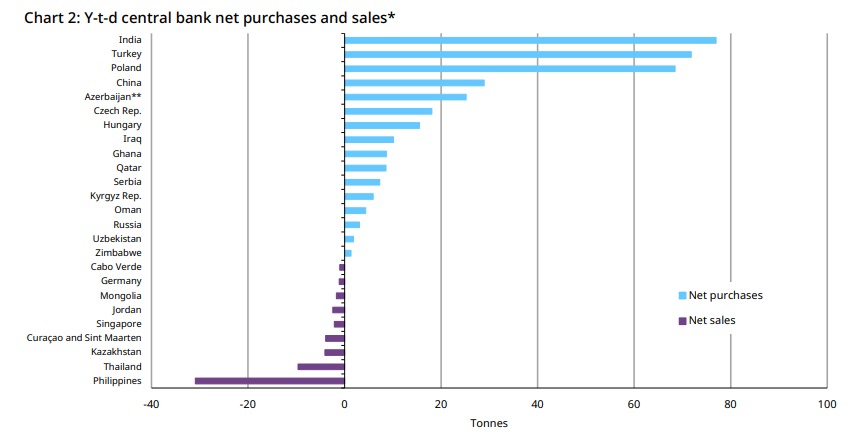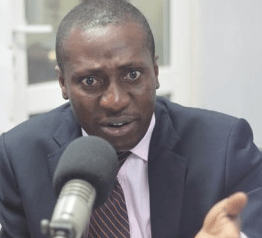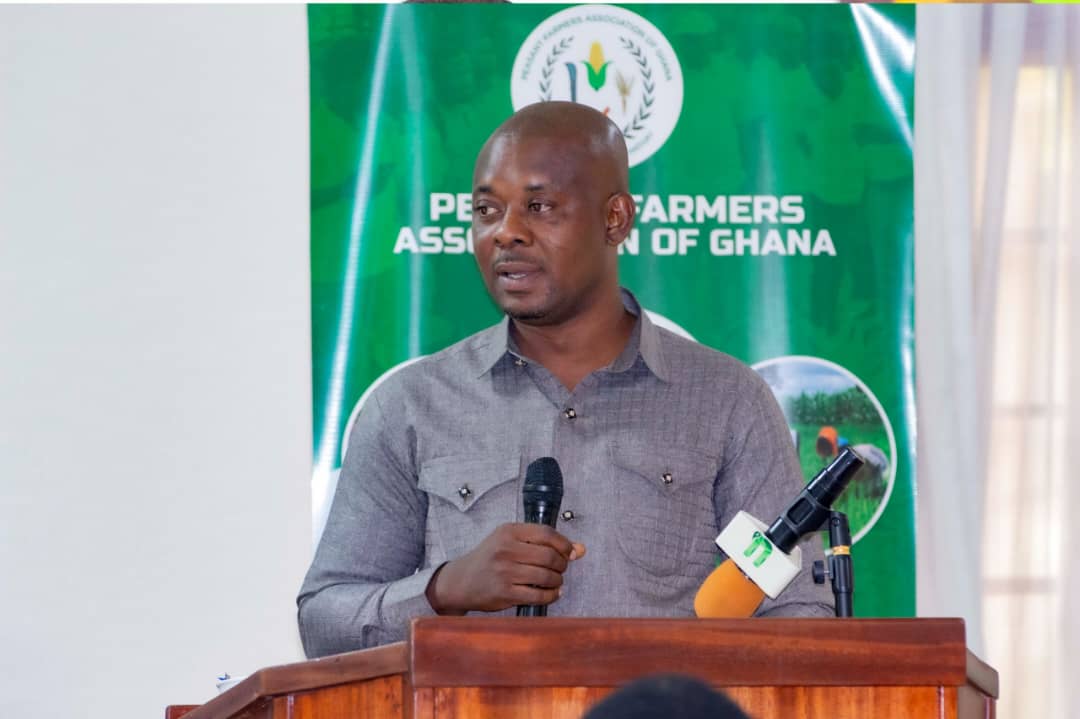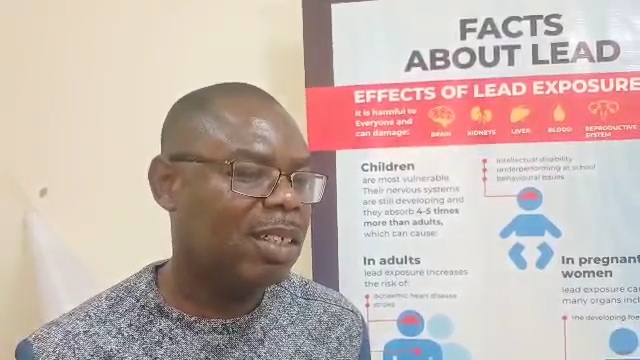![Saving the quality of Ghana’s basic education – The missing Link [Article]](https://ghheadlines.com/images/default.png)
Recently, the quality of basic education in Ghana has been a topic of dialogue, and renowned professor Addae has ignited the greatest dispute ever.
The resistance of academicians and other professionals to Professor Addae’s proposal to fire and rehire all basic school teachers and headteachers was evident upon hearing their thoughts.
Their argument was based on two premises: if basic school teachers are fired and rehired without more resources, the same outcome will be attained, and what is the guarantee that firing and rehiring all teachers, directors, etc. will result in improved quality?
Even though Professor Addae was extremely confident in his plan, it is uncertain whether the quality of our basic education might be improved or rationalized based on his “Radical Proposal approach.”
To contribute to this discussion, we must examine the issues from a variety of viewpoints on innovation, best practices, and stakeholder engagement. The government of Ghana, through the Ghana Education Service, has been unable to implement any type of innovation to address the fundamental problem confronting basic education.
To the extent that extra efforts to improve the system are barely noticeable, everything appears identical. There is little desire for GES’ inventive abilities. In addition, GES had failed for years to implement best practices in our schools. I am aware that the condition of infrastructure and resources is impeding best practices. The existing resources are insufficient to meet the demands of schools, let alone sustain everyday operations.
Lastly, stakeholder engagement has been a top approach. GES is solely interested in the engagement of elite stakeholders and does not necessarily regard the downward approach. Due to the centralization of GES management, the Parents-Teachers Association (PTA) has recently had its authority usurped and its supervision responsibilities withdrawn from the school management committee.
The approach of Professor Addae centred on decentralization, responsibility, and supervision. I can state that, despite infrastructural issues, GES continues to innovate, however, the impact is limited and more work is required. Again, best practices in Ghana’s primary schools are subpar, although in urban schools there has been significant progress.
The difficulty had been rural schools’ insufficient implementation of best practices. Bottom-level stakeholder engagement is, in my opinion, the missing link that is eroding our basic schools’ quality. GES and even the Teacher Unions cannot be solely responsible for the management of basic schools in Ghana. Parents whose children are managed by GES as an institution have not been fully included in the policymaking and policy decision-making chain over the years.
In contrast, the private school administration had made parents accountable for their children, and they complied. Since the constitution mandates free basic education for everyone and the achievement of SDG 4 is non-negotiable, policymakers must involve parents in the management of public basic schools to the fullest.
We can discuss the plethora of problems confronting our education sector and the quality of the human capital it generates, but leaving parents out of the equation represents a limited effort to address these problems comprehensively. The government cannot provide sufficient textbooks, desks, and other teaching and learning tools for more than four million basic and secondary school students. Even with financial support from concerned international organizations, the country’s education sector suffers from a lack of resources, accountability, and supervision.
What crucial role could parents play in mitigating the difficulties? Even though poverty remains one of the most significant obstacles for many parents to provide for their children’s education, it is crucial to remember that many variables that also contribute to this poverty might be mitigated to enable parents to save money on education-related expenses. In rural areas, parents’ inability to fund their children’s education is mostly attributable to factors such as high fertility, the over-prioritization of social activities such as a funeral, and a negative attitude toward savings.
Parents could be motivated in any way to make their children’s education a top priority, which is a responsibility they must carry as part of their national duty. Again, the government can boost PTA in peri-urban areas by involving parents in school-related decision-making and leaving them with some obligations that are in no way burdensome.
In remote areas where parents struggle to provide their children with three square meals per day, the government can prioritize school nutrition and the supply of teaching and learning tools. Once parents realize that it is in their best interest to provide and support their children’s education, the government will have sufficient space to allocate resources where they are most needed.
Currently, the government cannot supply everything that millions of pupils require. This is not a modern occurrence; it has existed for centuries. Government must reevaluate its innovative abilities and begin to build models that might effectively segregate basic schools so that policy decisions may have a narrative that is derived from the perspective of the parents, as opposed to the current centralized type of management.
Once the narrative of parents is eliminated from the equation, no method of supervision, accountability or resource distribution could attain the desired level of quality. This is because the government in its current form lacks the means to handle the rising school population, and enlisting the aid of peri-urban parents in supporting their children’s education will alleviate some of the mounting pressure in the sector.
–
The writer, Isaac Ofori is the National President of the All-Teachers Alliance Ghana (ATAG)
The post Saving the quality of Ghana’s basic education – The missing Link [Article] appeared first on Citinewsroom - Comprehensive News in Ghana.
Read Full Story















Facebook
Twitter
Pinterest
Instagram
Google+
YouTube
LinkedIn
RSS